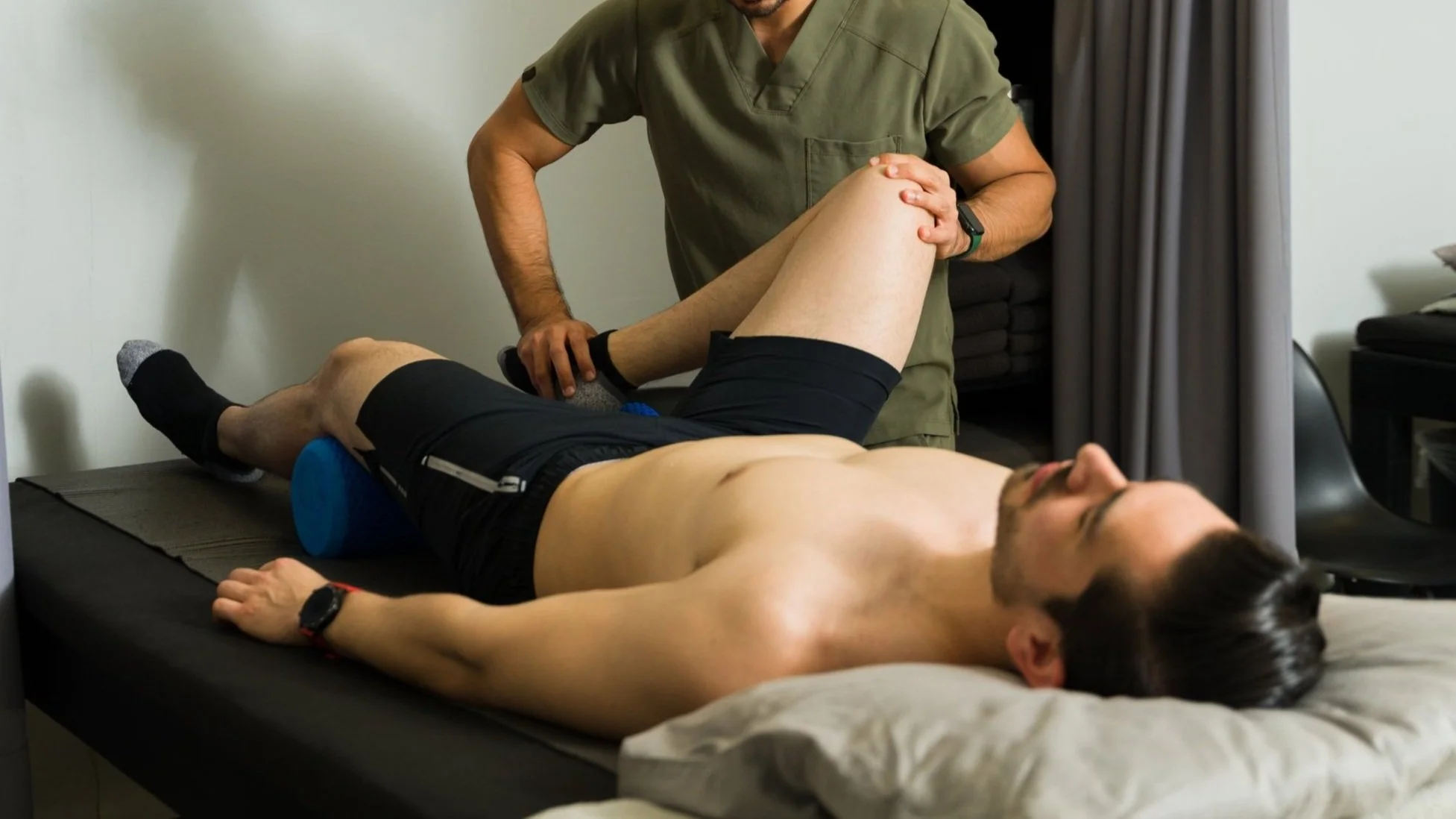Vermont Hikers’ Guide to Staying Pain-Free with Physical Therapy
Vermont’s trails attract hikers from all over, and for good reason. From the winding paths of the Stowe Pinnacle to the elevation challenges of Mount Mansfield, the Green Mountain State offers some of the most scenic and rewarding hiking experiences in the Northeast. But along with the breathtaking views comes the risk of physical strain—especially for avid hikers or those new to the trail. Whether you’re trekking every weekend or gearing up for your first hike of the season, physical therapy can play a key role in helping you stay pain-free and active on Vermont’s rugged terrain.
READ: How Physical Therapy Aids Recovery After a Long Run in the Green Mountains
Why Hiking in Vermont Can Take a Toll on Your Body
Vermont’s trails are known for their natural beauty, but they’re also known for uneven footing, steep inclines, and rapidly changing weather. Hiking through mud, rocky outcrops, or overgrown paths forces your body to work harder than it might on flat, predictable surfaces. Muscles, joints, and connective tissues are put to the test, especially when you’re carrying a backpack or climbing elevation. These conditions can lead to overuse injuries, acute strains, or lingering soreness if your body isn’t properly prepared. For hikers in Stowe and beyond, this makes physical conditioning and injury prevention more than just a good idea—it’s essential for long-term trail health.
Common Hiking Injuries Seen in Stowe, Vermont
At Summit Physical Therapy and Performance in Stowe, it’s common to see hikers dealing with injuries that stem from repetitive stress or sudden overexertion. Knee pain is one of the top complaints, particularly patellofemoral pain syndrome, often caused by downhill hiking. Ankle sprains can occur on uneven terrain, and lower back tightness is typical for those who hike with poor core activation or posture. Foot strain, including plantar fasciitis, also shows up frequently after long hikes on rocky or root-covered trails. Without addressing the root cause of these problems, they tend to linger—and can sideline hikers from doing what they love.
How Physical Therapy Helps Prevent and Treat Hiking Injuries
Physical therapy is not just for recovery—it’s a proactive tool to help prevent hiking injuries before they start. At Summit, treatment often begins with a movement assessment to identify imbalances, poor mechanics, or weak muscle groups. Strength training is then used to build the endurance and stability needed for Vermont’s uneven ground. Mobility work helps improve joint function and flexibility, particularly in the hips, ankles, and lower back. Manual therapy techniques, like soft tissue work and joint mobilization, address pain points and restore range of motion. For frequent hikers, gait analysis can uncover issues with walking patterns that might be contributing to chronic discomfort. This approach makes physical therapy highly personalized—and highly effective.
When to See a Physical Therapist (Before or After a Hike)
You don’t have to be injured to benefit from physical therapy. In fact, many hikers in Stowe are turning to PT before the hiking season starts to optimize their movement, prevent injury, and build resilience. Pre-hike assessments can catch early signs of strain and address them before they become painful. If you’ve already been on the trail and are noticing stiffness, soreness that lasts more than a couple of days, or swelling in joints, that’s your body signaling for help. Seeing a physical therapist soon after symptoms arise can shorten your recovery time and help you get back to hiking safely.
Summit’s Approach to Keeping Hikers on the Trail
At Summit Physical Therapy and Performance, we understand the local terrain because we’re a part of the Stowe hiking community ourselves. Our team takes a one-on-one, movement-focused approach to care, tailoring every session to your goals and challenges. Whether you’re training for a summit hike or just want to enjoy weekend walks without discomfort, we create personalized plans built around your activity level and trail demands. Our focus is on performance as much as it is on recovery, empowering you to hike longer, stronger, and without pain.
READ: Why Every Trail Athlete in Vermont Should Get a Movement Assessment
Ready to Hike Without Pain? Here’s Your Next Step
If you’re a hiker in Stowe looking to prevent injury, recover from pain, or simply move more confidently on the trail, physical therapy can help. Summit Physical Therapy and Performance is here to guide you toward healthier movement and a pain-free hiking season. Schedule your evaluation today and let’s make sure the mountains stay part of your lifestyle—not a source of limitation. Visit our contact page to get started: https://www.summitptvt.com/contact-us

